-
About
- About Listly
- Community & Support
- Howto
- Chrome Extension
- Bookmarklet
- WordPress Plugin
- Listly Premium
- Privacy
- Terms
- DMCA Copyright
- © 2010-2025 Boomy Labs
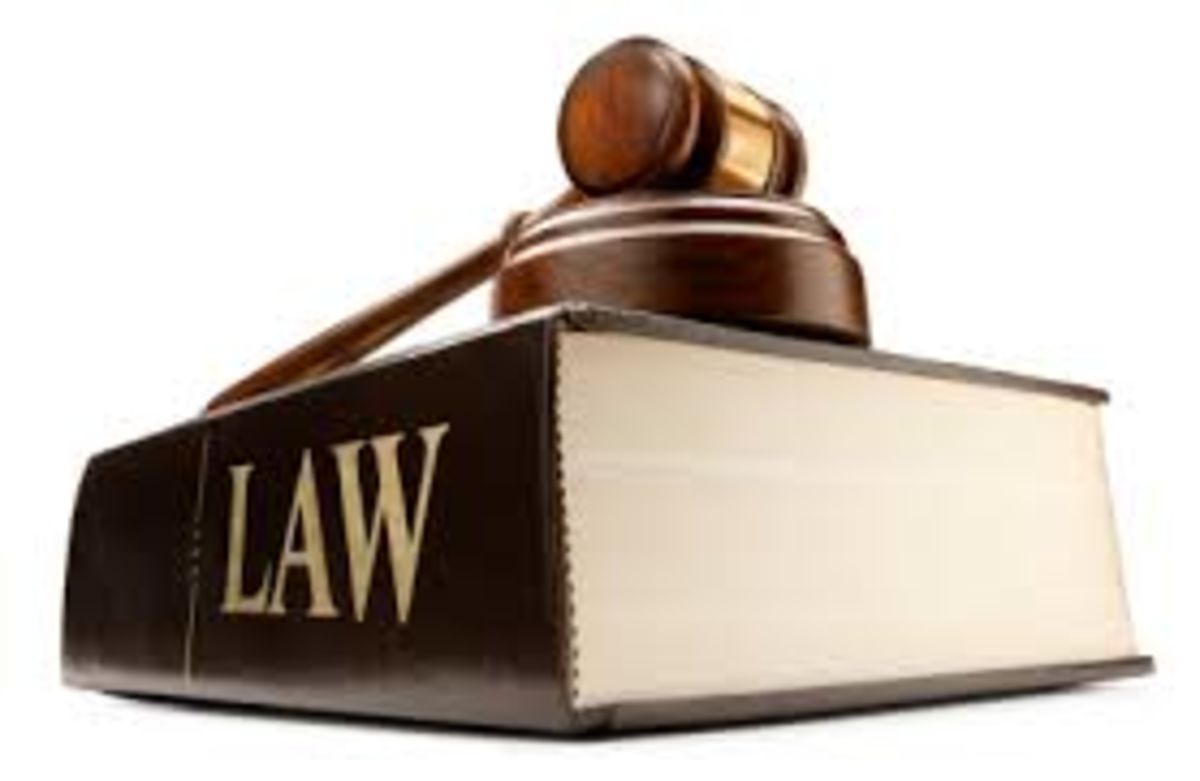

 Dawn Callahan
Dawn Callahan
Listly by Dawn Callahan
As teachers moving into 21st Century Learning and teaching our students to incorporate technology into learning, we need to observe requirements in dealing with legal and ethical issues. The following list contains fifteen resources regarding Copyright, Fair Use, Creative Commons, FERPA, other technology privacy concerns, Plagiarism, and academic dishonesty.
Copyright kids provides information for kids as they use resources. There are a large number of content areas that can accompany any research lesson. Kids and teachers can easily understand copyright law from this site.

The Stanford University site briefly and easily explains fair use policy. It is a helpful site when needing to check for accuracy and details in Fair Use and Copyright issues. Easy to understand definitions can help students and teachers understand proper usage.
The website Creative Commons provides a large number of videos to help teachers and students understand the definition of Creative Commons and how the concept is important to student work. Each video provides a different point of view and experience.
Teaching Channel provides a video about teaching students copyright law. There are opinions from students showing understanding and realization of importance. The video is quick enough that it could be shown during class time.
URL: http://www.teachingchannel.org/videos/teaching-students-copyright
This video provided by Common Sense Media provides a lesson for students as they determine videos fall under the fair use umbrella. The lesson can be easily adapted for most classrooms. The students provide great insight as to their rationale for why they claim fair usage.
URL: http://www.commonsensemedia.org/videos/understanding-fair-use-in-a-digital-world#
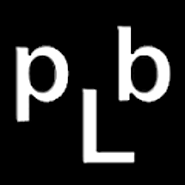
The Professional Learning Board website details aspects of privacy in which all teachers should be aware. The site offers detailed explanations of regulations regarding school records, as well as a professional development course that may be important toward teacher licensure.
URL: http://k12teacherstaffdevelopment.com/tlb/what-should-teachers-know-about-ferpa-regulations/
This Education World article informs teachers of the many issues in dealing with privacy for a minor. It presents the worries that accompany the use of technology as students keep their assignments and other personal information on the Internet where others may be able to view it. The article also provides ideas for a safer Internet environment.

This site, provided by the NACE, provides a detailed overview of the many laws dealing with the student privacy act, FERPA. The site talks about each restriction in detail, provides analysis, and even penalties accrued for violation of privacy laws. Though the site may be a little more difficult for a student to understand, the comprehensive look at student privacy is worth taking the time to review.
Yves LaRoux presents an interesting list of ways technology violates a person's privacy. He addresses our right to move about without anyone knowing, belong to a group without anyone knowing, and even privacy of thoughts. This Computer Weekly writer presents the dangers of "Big Data" and how we are being exploited commercially and by those who may not find favor with our country. Ultimately, one must decide if technology use and the loss of privacy it produces is simply a price we should pay. This article makes a fantastic forum for students to state their opinions and think about the world in which they live.
URL: http://http://www.computerweekly.com/opinion/Privacy-concerns-in-the-digital-world

Sarah Muthler with Edudemic provides a look at several privacy issues: Sexting, Student Privacy, and Cyber Bullying. The article provides clear definitions, then a list of resources teachers can use to ensure students understand their actions, as well as ways teachers can help students avoid various violations. The many suggestions throughout the article makes this article worth using in the classroom.
URL: http://www.edudemic.com/the-teachers-guide-to-keeping-students-safe-online/
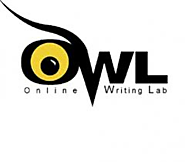
The OWL website, out of Purdue University, provides students with advice on how to avoid plagiarism, as well as providing a clear definition of what constitutes plagiarism in the first place. This site has been helping academic writers for decades. It is continually updated and considered trustworthy by countless scholars.
The Penn State University website provides an online tutorial for students to learn how to site sources, create citations, and avoid plagiarism. This is a great tool since it allows students to test their skills from an online source that is trustworthy. The site provides definitions and explanations for the students. This site helps teachers by reiterating what has been taught in class.
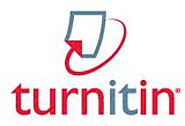
Turnitin is a website that allows students to upload their writing assignments, and for teachers to check for percentage of plagiarism. The site uses a large number of resources to check against student work. The site is easy to use for students and teachers and acts as a deterrent to plagiarize in the first place.
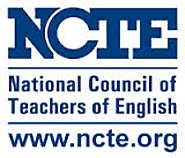
This website provides various suggestions to teachers for preparing students for writing in an academic world. Teachers can take advantage of lessons to avoid plagiarism like joining with a journalism teacher, researching various opinions and dangers of plagiarism.
Lycoming College provides students with a plagiarism game. This is a fun way to teach students about the dangers of plagiarism as one defeats an enemy. Students may even play the game more than once to solidify the knowledge for a longer period of time. The site provides a differentiated method of the general ways students learn about plagiarism.
URL: http://www.lycoming.edu/library/instruction/tutorials/plagiarismGame.aspx
Common Sense Media. (2015). Understanding "fair use" in a digital world. Retrieved from http://www.commonsensemedia.org/videos/understanding-fair-use-in-a-digital-world#
Copyright Kids. (2007). Copyright kids. Retrieved from http://copyrightkids.org
Creative Commons. (n.d.). Videos. Retrieved from http://creativecommons.org/videos
LaRoux, Y. (2015). Privacy concerns in the digital world. Retrieved from http://www.computerweekly.com/opinion/Privacy-concerns-in-the-digital-world
Lycoming College. (2015). Plagiarism game. Retrieved from http://www.lycoming.edu/library/instruction/tutorials/plagiarismGame.aspx
Muthler, S. (2015). Online safety: A teacher's guide to dealing with cyber bullying, sexting, and student privacy. Retrieved from http://www.edudemic.com/the-teachers-guide-to-keeping-students-safe-online/
NACE. (2015). FERPA primer: The basics and beyond. Retrieved from http://www.naceweb.org/public/ferpa0808.htm
NCTE. (2015). Teaching about plagiarism in a digital age. Retrieved from http://ww.ncte.org/magazine/archives/122871
OWL. (2015). Preventing plagiarism. Retrieved from http://owl.english.purdue.edu/owl/section/3/33/
Penn State. (2014). Plagiarism tutorial for students. Retrieved from http://tlt.psu.ed/plagiarism/student-tutorial/
Professional Learning Board. (2015). What should teachers know about FERPA regulations? Retrieved from http://k12teacherstaffdevelopment.com/tlb/what-should-teachers-know-about-ferpa-regulations/
Stanford University Libraries. (2015). Copyright and fair use. Retrieved from http://fairuse.stanford.edu/overview/fair-use/
Teaching Channel. (2015). Exploring copyrights and wrongs. Retrieved from http://www.teachingchannel.org/videos/teaching-students-copyright
Turnitin. (2015). Originality checker. Retrieved from http://www.turnitin.com/
Willard, N. (2015). Ensuring student privacy on the Internet. Retrieved from http://www.educationworld.com/a_tech/tech120.shtml
